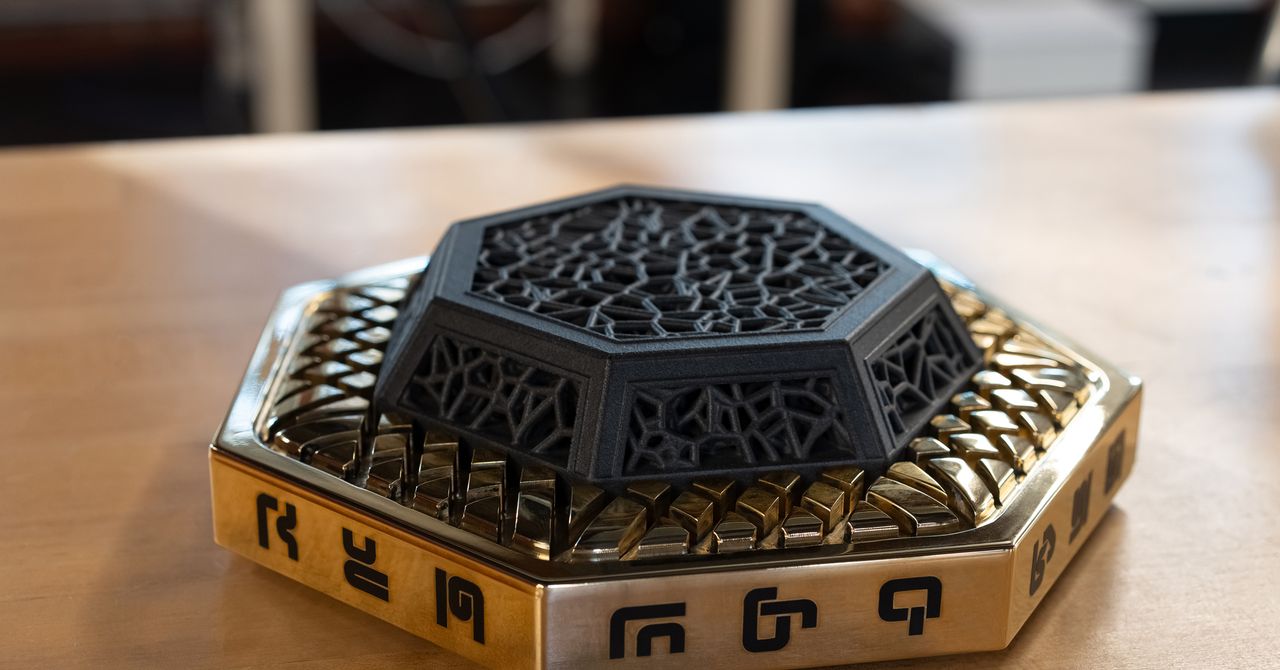Extropic Unveils Probabilistic Chip XTR‑0 to Challenge Conventional AI Processors

Key Points
- Extropic introduced its first working probabilistic chip, XTR‑0, built on thermodynamic sampling units (TSUs).
- The chip uses probabilistic bits (p‑bits) instead of traditional binary bits, aiming for far greater energy efficiency.
- Founders Guillaume Verdon and Trevor McCourt previously worked on quantum computing at Google.
- XTR‑0 has been shared with a select group of AI labs, weather‑modeling startups and government representatives.
- Atmo’s CEO Johan Mathe is testing the chip for high‑resolution weather forecasting.
- Extropic released TRHML software to simulate the chip’s behavior on standard GPUs.
- The company plans a larger chip, Z‑1, featuring 250,000 p‑bits for advanced AI models.
- Extropic positions its technology as a potential solution to the rising energy demands of AI data centers.
Extropic, a startup founded by former Google quantum‑computing engineers Guillaume Verdon and Trevor McCourt, has introduced its first working probabilistic chip, XTR‑0. The device uses thermodynamic sampling units (TSUs) and probabilistic bits (p‑bits) instead of traditional binary bits, promising far greater energy efficiency than conventional CPUs, GPUs and accelerators from companies such as Nvidia, AMD and Intel. Extropic has shared the hardware with a handful of AI labs, weather‑modeling startups and government representatives. Atmo’s CEO Johan Mathe is testing the chip for high‑resolution weather forecasting, while Extropic also released TRHML software that simulates the chip on standard GPUs. A larger chip, Z‑1, featuring 250,000 p‑bits, is slated for future development.
Background and Technology
Extropic is a startup aiming to reshape artificial‑intelligence hardware by departing from the binary logic that underpins today’s central processing units (CPUs) and graphics processing units (GPUs). The company’s approach relies on thermodynamic sampling units (TSUs), silicon components that harness electron fluctuations to model probabilities. These TSUs employ probabilistic bits, or p‑bits, which represent uncertainty rather than a fixed 0 or 1. According to the founders, this architecture could deliver orders‑of‑magnitude improvements in energy efficiency when scaled.
First Working Chip and Partnerships
The first working hardware, called XTR‑0, combines a field‑programmable gate array (FPGA) with two of Extropic’s earlier probabilistic chips, X‑0, each containing a handful of p‑bits. Extropic has distributed XTR‑0 to a limited set of partners, including frontier AI laboratories, weather‑modeling startups and several government entities. "This allows all sorts of developers to kick the tires," said Extropic CEO Guillaume Verdon.
Johan Mathe, CEO of Atmo—a startup that provides high‑resolution weather forecasts for customers such as the Department of Defense—has begun testing the chip. Mathe reports that Extropic’s hardware could make it possible to calculate weather‑condition odds far more efficiently than existing methods.
In addition to the physical chip, Extropic released TRHML, software that simulates the behavior of its probabilistic processors on conventional GPUs. Mathe used both the real chip and the simulation to verify that the p‑bits behaved as expected.
Potential Impact and Future Roadmap
Extropic’s leadership argues that the massive capital being poured into AI data‑center construction overlooks the growing energy demands of such infrastructure. By offering a computing primitive that is far more efficient than matrix multiplication, the company believes it can provide a less costly, lower‑energy alternative for large‑scale AI workloads.
The next step in Extropic’s roadmap is a larger chip, dubbed Z‑1, which the company says will incorporate 250,000 p‑bits. In a paper posted to arXiv, Extropic outlined how a chip of that scale could support new diffusion models for image and video generation, as well as robotic control.
Industry observers, such as Vincent Weisser, CEO of Prime Intellect, note that if Extropic’s approach can be practically scaled, it could become a transformative technology as conventional transistor scaling approaches fundamental limits.